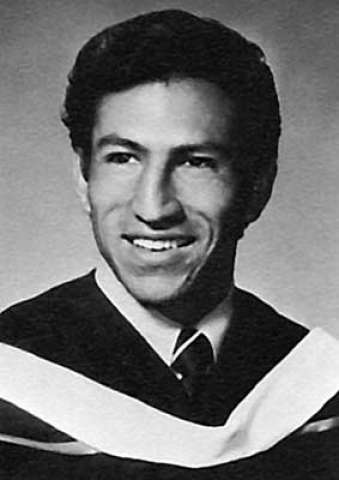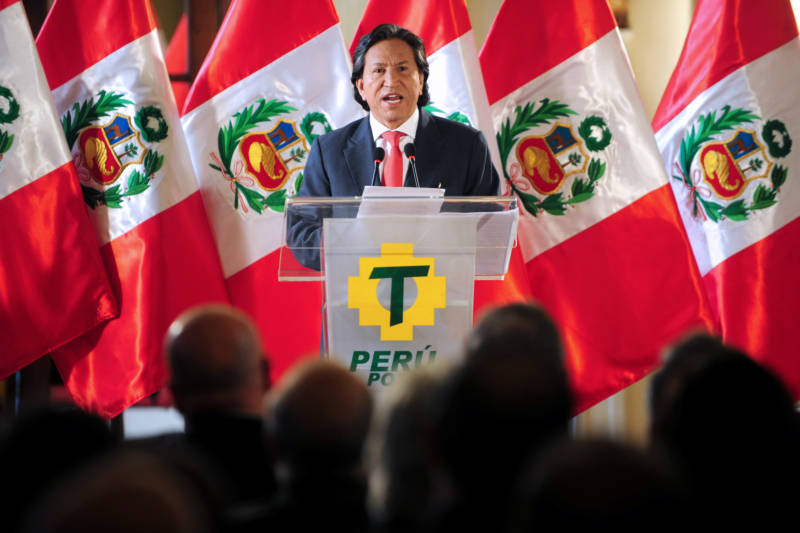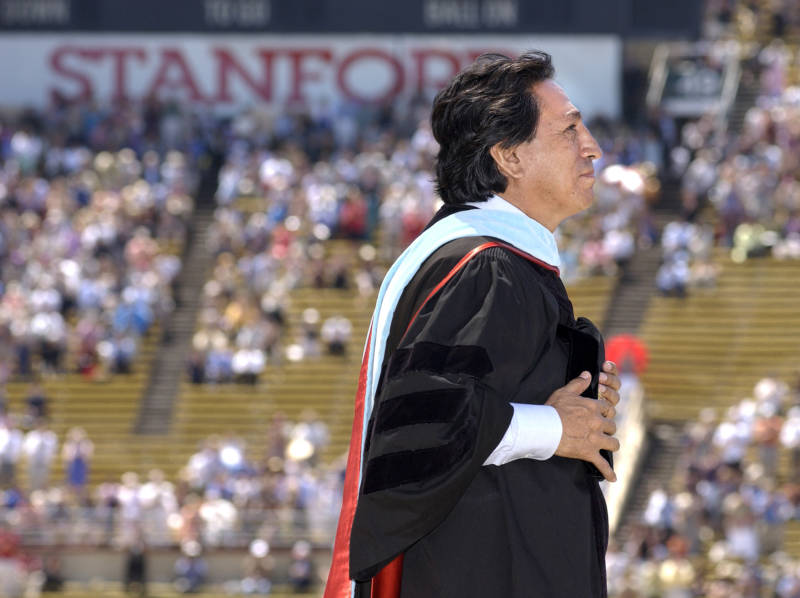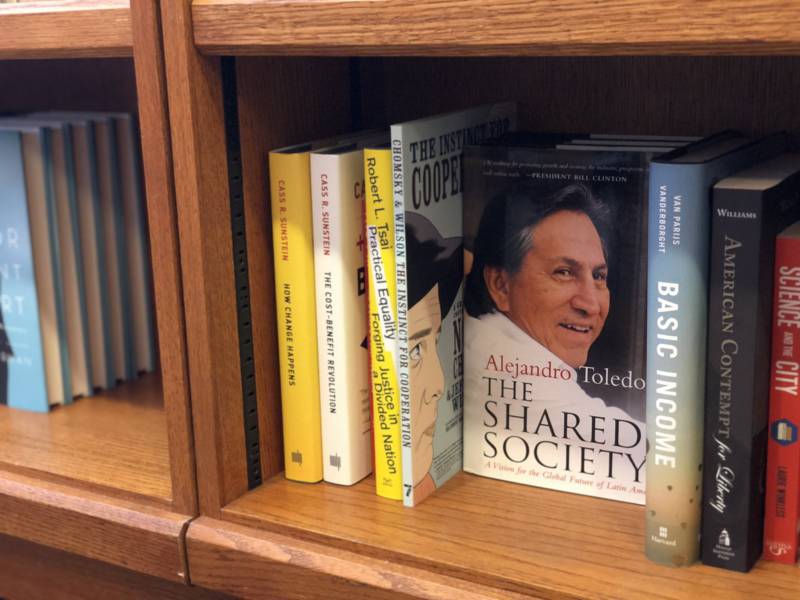A former Peruvian president is facing extradition from San Francisco to answer to corruption charges in his home country. Former President Alejandro Toledo has a long history in the Bay Area, where he has been hiding from criminal charges in Peru since early 2017.
He is currently detained in federal custody in San Francisco as he faces an extradition process that could go on for months. The case is front-page news in Peru but barely a blip in the Bay Area.

Peruvian officials issued an arrest warrant for Toledo in February 2017, when he was accused of taking kickbacks from Odebrecht, a Brazilian construction company that admitted to paying multimillion-dollar bribes to secure contracts throughout Latin America. The scandal has already landed two former presidents of Peru in jail, including one who resigned as a result of the charges. Another ex-president committed suicide earlier this year as the police were coming to arrest him. Other high-level politicians are also facing criminal charges or are expected to be charged.
Meanwhile, Toledo had been hiding from Peruvian prosecutors in Menlo Park. The 73-year-old former president, who resettled in the Bay Area after losing a 2016 re-election bid, simply opted to not return to Peru and even tried to flee to Israel, where his wife is a citizen, without success.
His links to Northern California go back half a century. Born in extreme poverty in the Peruvian highlands of indigenous ancestry, Toledo sold newspapers and worked shining shoes until two Peace Corps volunteers ran into him. Captivated by his smarts, they helped him get a partial scholarship to attend the University of San Francisco in 1966, according to records from the school and news reports from Peru.
At USF, Toledo — who went by Alex — played on the Dons' varsity soccer team and worked the graveyard shift at a gas station on Fulton Street to pay for the rest of his studies. He obtained his bachelor's degree in economics and business administration in 1970, and moved on to complete two master's degrees at Stanford, on in economics and one in education.


